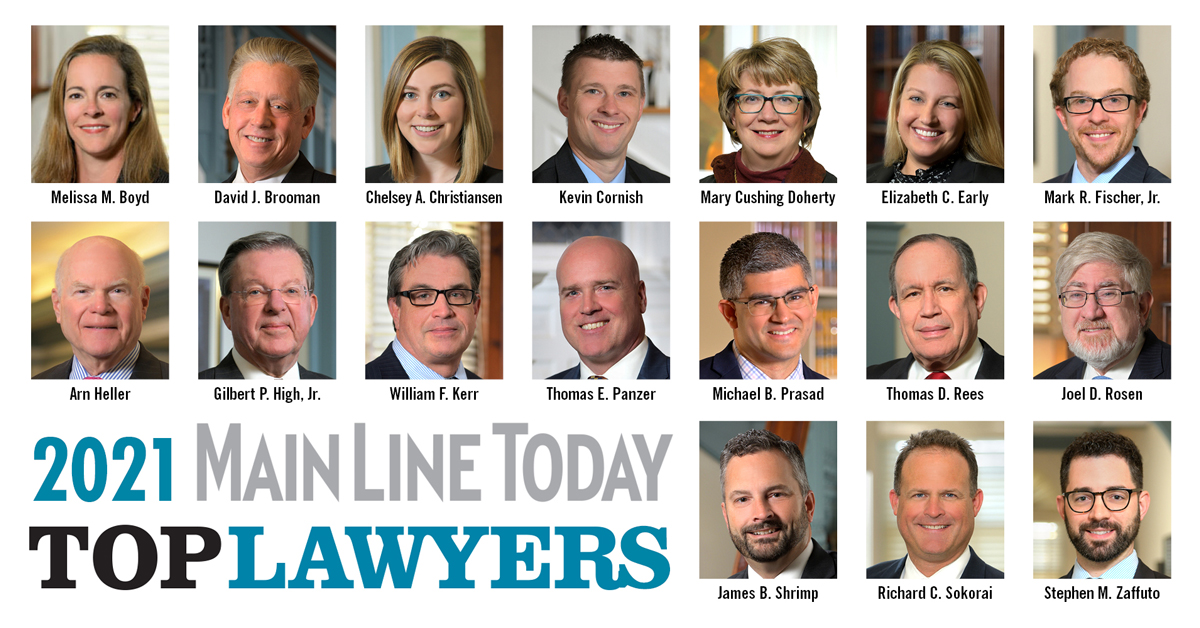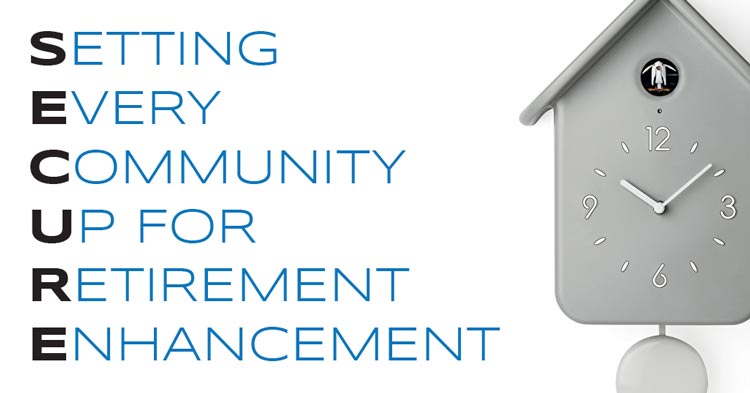Do you need a lawyer to create a valid will? Short answer: no. If you have a basic, straightforward estate, you can use an online service to create one. Even so, there are some essentials to ensuring your will is valid.
Each state has laws defining what constitutes a valid will. Consequently, making sure you fully comprehend Pennsylvania will laws is a must regarding how to write a valid will. For instance, if you elect to use an online service, select one that has a customized template for Pennsylvania.
However, as your estate grows in complexity, it becomes more critical to consult with an estate attorney or will lawyer near you. They'll ensure that you cover all necessary details and that the will is valid in Pennsylvania.
Writing a Valid Will in Pennsylvania
The rules for writing a valid will in Pennsylvania are pretty straightforward.
You must:
- Be 18 years or older and of sound mind.
- Create the will on paper. It can be typed or hand-written (aka a holographic will). However, alternative forms like audio, video, or other digitally created files render the will invalid. So, courts will not recognize it.
- Sign the will. However, there is no legal requirement for the will to be witnessed when signed to be considered valid.
Although you don't need witnesses to make your will valid, they may be required at probate to prove the validity of your will. However, Pennsylvania law allows for creating a self-proving will to avoid this requirement.
Self-Proving Will
A self-proving will requires that you sign your will in the presence of two witnesses, known as subscribing witnesses. Then you, as the testator (the will creator), and they as witnesses sign affidavits stating who you are and that you signed your will in the presence of witnesses.
The process requires a notary who then notarizes your signatures. A self-proving will is readily admitted to probate as valid in Pennsylvania.
If you have questions about creating a self-proving will when you want to make sure you write a valid will, you should consult with a will lawyer or estate attorney.
Authenticating Your Will in Pennsylvania
If a will is not self-proving, the Register of Wills for your PA county requires witness testimony to validate the will. So, they must authenticate the will before admitting it to probate. Most often, this testimony comes in the form of an affidavit.
If a subscribing witness (a witness who signs the document at the end) testifies, you must file an "oath of subscribing witness" with the Register of Wills. However, if a non-subscribing witness testifies, the non-subscribing witness must verify that they are familiar with the signature of the testator/decedent (person who has died). In addition, they must verify that they recognize the signature of the testator/decedent.
Contrastingly, a subscribing witness must sign the will for it to be valid.
Validity of a Will When the Testator Can't Sign
Pennsylvania law recognizes that some people may not be able to sign their names. Therefore, it allows another person to sign the testator's will. Otherwise, the testator may merely make a mark indicating their consent to write a valid will.
As you may imagine, the standard of proof in these instances is more significant than a will bearing the full signature of the testator. Pennsylvania law requires two subscribing witnesses to verify the signature or mark a case where the testator can't sign.
How to Write a Valid Will: Case Law in Pennsylvania
The case of In Re: Staccio, 143 A.3d 983 (Pa. Super. 2016) tested these Pennsylvania law provisions. In this case, the decedent was weak and sick, so the decedent's girlfriend helped him make his signature.
The testator's attorney witnessed the signature and testified that the testator was fully aware of his actions and the consequences of signing the will. The attorney, however, was the only subscribing witness to the will.
The Superior Court held that a person signing a will, even with another's assistance, doesn't need to meet the higher threshold imposed upon those signing with a mark or by another person.
It's essential to note that the court found that the testator was aware and asked for help signing the will. The testator did not ask his girlfriend to sign the will on his behalf.
What to Include in Your Will
Your will presents your wishes for property distribution and other concerns following your death. Typically, it addresses these concerns:
- Listing of property and assets
- Assigning beneficiaries to those property and assets
- Assignment of an executor
- The naming of a guardian for children
- Naming someone to care for pets
Remember, your will addresses settling your estate after your passing. It doesn't address concerns like advanced medical directives or end-of-life care.
Revoking Your Will
A valid will becomes a legally binding document. However, you can change it any time. You can revoke your will by taking any of these steps when writing a valid will:
- Destroying your will
- Creating a new will stating that you revoke the previous one
- Writing a document stating you revoke the will and notarizing it
You can create an addendum or codicil citing the adjustment if the changes are minor. Just remember that the appendix is validated the same way as your will.
The Importance of Writing a Valid Will
A will avoids probate, so your property can pass to your beneficiaries automatically. Otherwise, courts determine the distribution of your assets through the probate process. As a result, your property is subject to intestate distribution based on state laws concerning descent and distribution.
Fortunately, a valid will forgoes the probate process making it far more straightforward and less costly.
Talk to an Estate Attorney or Will Lawyer
Even if you decide to create your own will, it makes sense to consult with an estate attorney or will lawyer on how to write a valid will. They can provide insights into critical items that might impact the validity of your will.
As mentioned, if you have a complex estate, an experienced attorney can not only draft a valid will but also support you with other estate documents like a living will.
Get in touch with our local firm. We have law offices practicing estate planning in Doylestown and Norristown, PA. U.S. News recognized our firm on its Best Law Firm Rankings and cited several of our attorneys on the Best Lawyers List.











 High Swartz LLP
High Swartz LLP